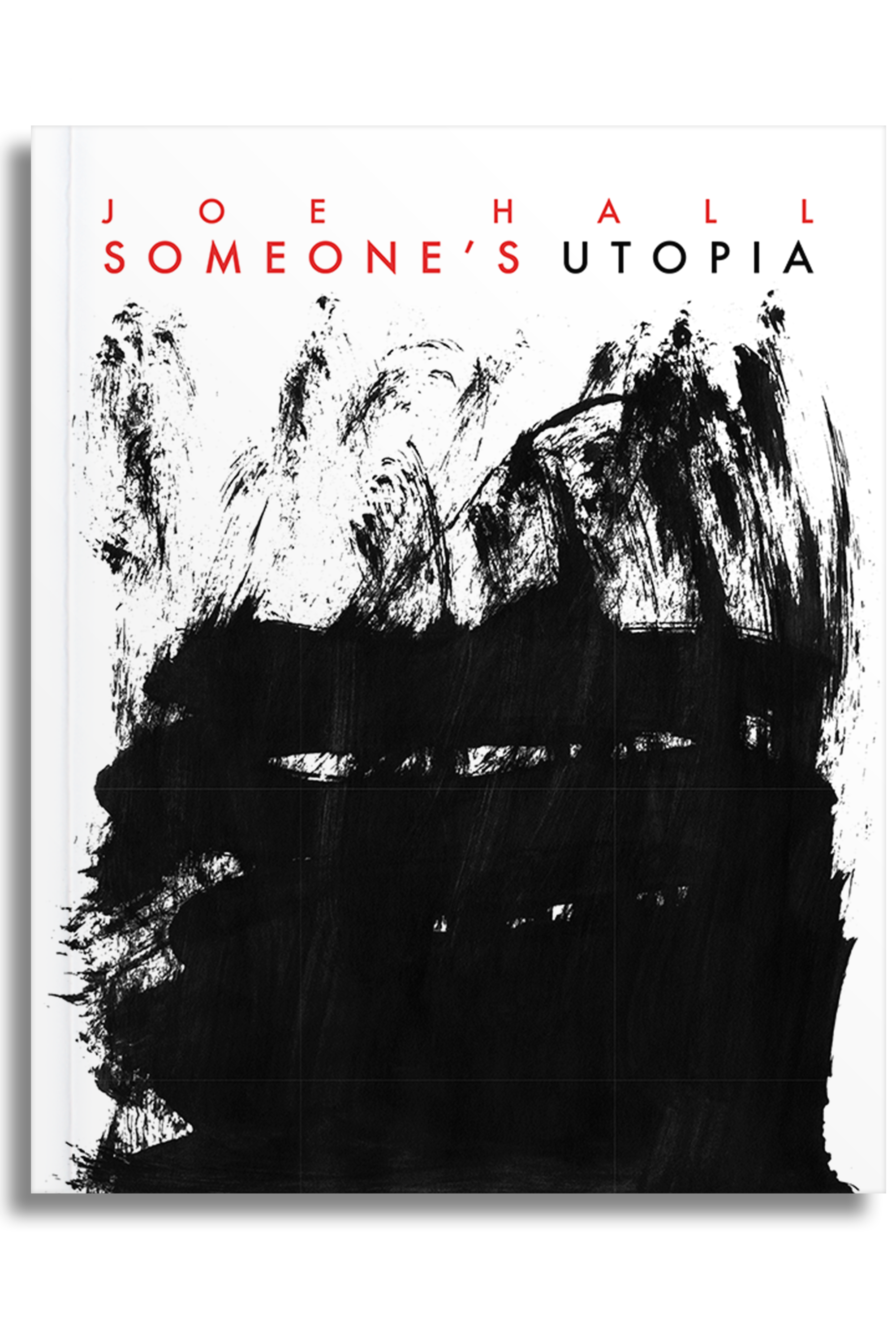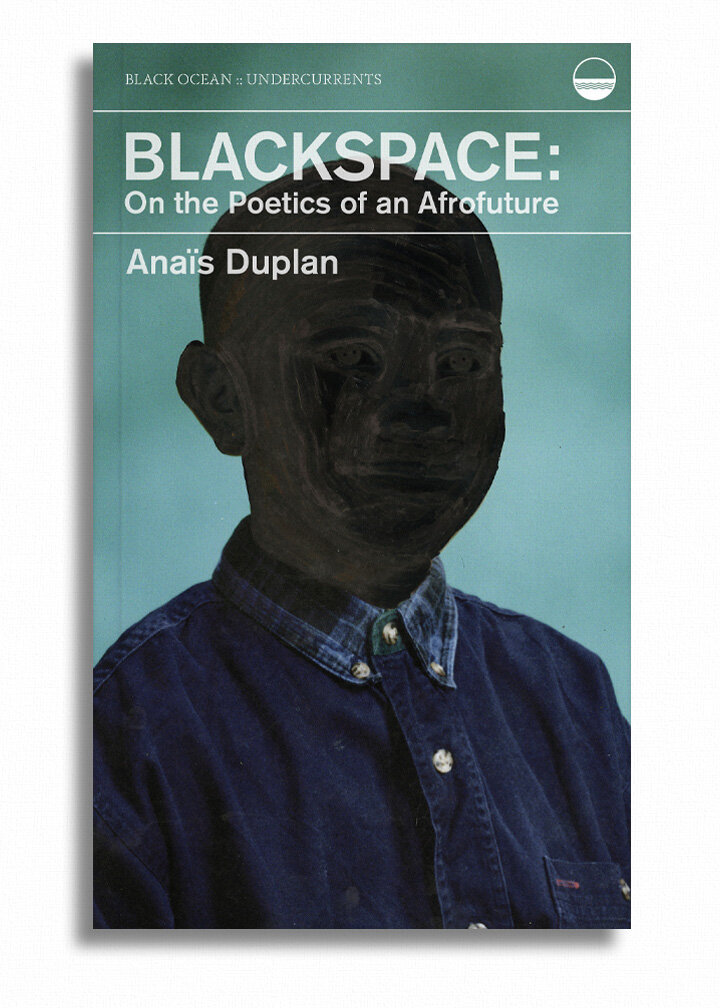Someone's Utopia
Someone's Utopia
by Joe Hall
Softcover / 176 p. / Poetry
ISBN: 978-1-939568-24-3
3rd job I never slept or who only slept mowing this very hour
across the river houses enter water
in it cold flames in debt rent enters water
ever clouds move for coffee pushing quarters
into a slot that holds “I” and “they”
roofs, classrooms, breakrooms
the quality of waking unemployed
This is Someone’s Utopia. But I doubt it’s yours. We want good work. We want good community. And this gear-cranking, skin-lacerating work from Joe Hall is about the blinding fissures in and between our dreams and the scripts that keep us on our feet in the meanwhile. Look around you: everything is work; the unemployed might work hardest of all. Mixing utopian and dystopian visions and drawing on the language of John Henry Noyes, self-styled patriarch of the Oneida community and others in the communal ideal, Hall’s poems want to demand ∞/hr for everyone—now.
Praise for Someone's Utopia
Someone’s Utopia is about work and the mystery of making. The book’s spectral labor is a séance. Readers may hear echoes of Alice Notley and Lorine Niedecker, punctuated by the table-rapping of the invisible hand of capitalism, as they witness the (un)making of the familiar world.
Drawing from a wide range of sources—including interviews with contemporary workers and journals from members of a utopian 19th century community--Hall yokes the often unspoken, generational labor of hands and collective dreams to words. Someone’s Utopia reveals our world as a table set for us by those who have gone before and by those whose voices we seldom hear today. Hall connects global histories of migration, laborers losing themselves on conveyor belts, nineteenth century zealots, and poets planting roses in industrial greenhouses to unmask the invisible material and ideological labor that prepares the world for us.
—Emily Anderson
The grotesque ailing body of the world is passed out on top of us. The violence, the body horror, all the mothers—all the gods: expectations packed in ice. We have been issued this fetal splendor, this official document, this employee instruction manual on the first day of wanting to be good, wanting to to be worthy of the attention we get. There is very little to say about the space between bornness and deadness except that it is filled with a light mechanical hum. Memories are coldcuts. We are feeling raw.
Joe is the most romantic poet I know because he writes about the end of the world and we are all still alive. We are alive because we are being held responsible for the end of the world. We are working in a shitty chemical factory called The End of the World™. It is a bleak place made of total potential.
—RE Katz
Someone’s Utopia is stricken testimony from the Anthropocene, transcribed in the evaporating zero of stolen pensions, on the yellowing grass of Superfund sites. Borrowing from Studs Terkel’s elegies, Hayden Carruth’s astringent indictments, and the eco-polyphony of Brenda Hillman, these poems offer a bouquet of “Vicodin roses,” pairing medieval cyphers with familial trauma, buttermilk with ammonia, and legal codicils with carcinoma. “The hour is coming,” Hall tells us. “It has come.”
—Simeon Berry







